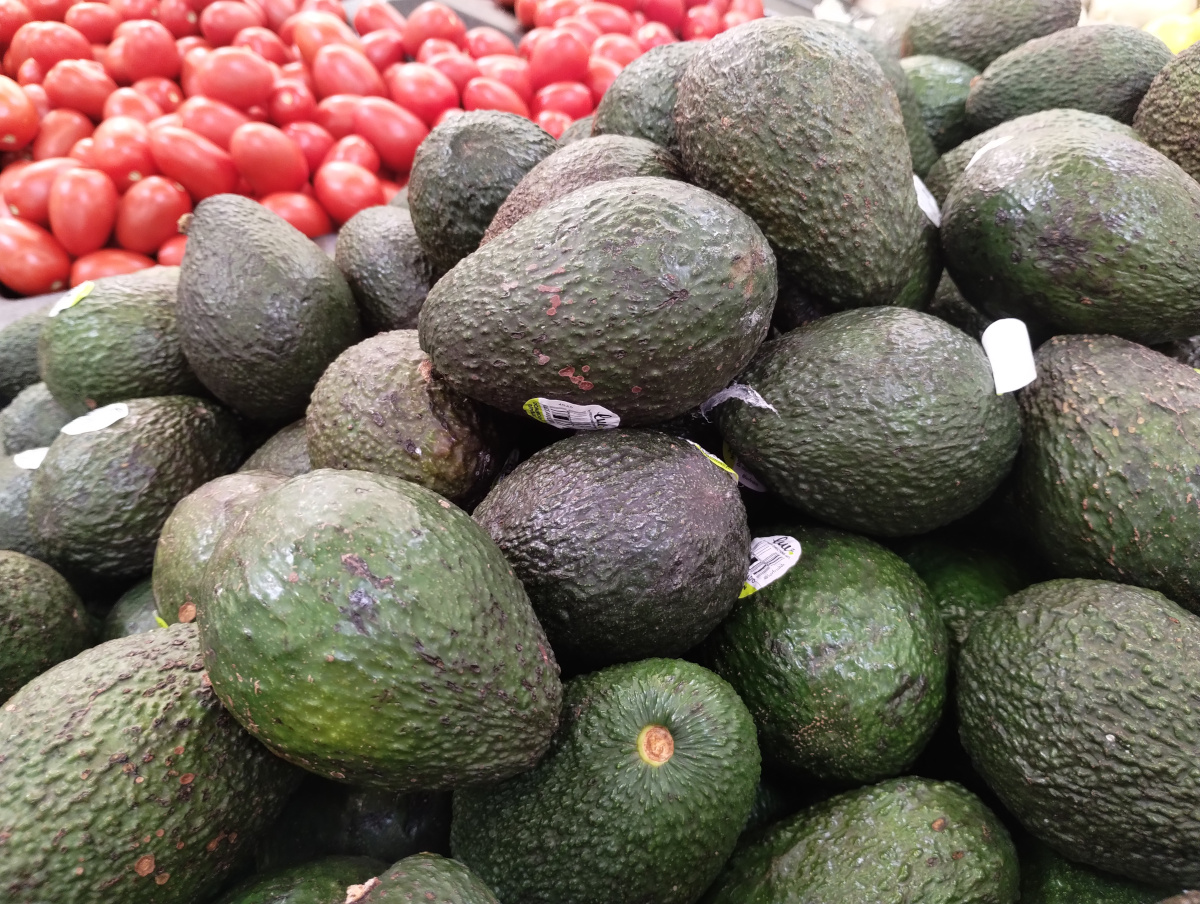President Trump imposes import duties on products from Canada, China & Mexico
Expect prices to rise in the coming days on everything from guacamole to gasoline as tariffs promised by President Donald Trump begin today on products from neighbors and one of our biggest trade partners.
The tariffs imposed on products from Canada, China and Mexico began this morning, and were met with reciprocal import duties imposed by the three nations announced this morning.
Stocks on Wall Street were rattled by the news, with the trendsetting stock index the Dow Jones Industrial Average (DJIA) already down more than 600 points after the opening bell this morning. The NASDAQ was more than 250 points (at time of writing) and the S&P 500 down nearly 90 points on the news.
Reciprocal import duties imposed by China include a new 15% tax on imported farm goods on everything from soybeans to cotton. Canada additionally imposed tariffs on US products, including a 100% import duty on new Tesla vehicles imported from across the northern border.
President Trump threatened tariffs against the three countries as a response to his policy on policing the border for drugs and illegal immigrants. He said previously he was doing so to get the United States’ neighbors to the north and south to stem the flow of fentanyl entering the country, and stem the tide of illegal immigration.
Chinese tariffs also suspended the import of U.S. lumber, claiming that pests were discovered in logs shipped over from the United States. Soybean imports from the U.S. were also suspended by the Chinese government.
Multiple companies who had previously operated in China also found their firms suspended from importing or exporting goods, and others were put on a control list.
Last year, Chinese firms imported some $24.7 billion in products, accounting for 14% of the agriculture exports from the United States. Mexico and Canada were the largest importers of farm goods from the U.S.
The 25% import duty on goods from Mexico and Canada going into effect after midnight, with additional retaliatory tariffs promised by Canada in the coming days.

What are tariffs?
A tariff – or import duty – is a tax on goods brought into the country from another. For instance, when you buy a loaf of bread: the wheat grain used to make that bread could come from the United States, Canada, Eastern Europe, and other places where wheat production allows for surpluses of wheat stored in silos or other facilities. Wheat is a commodity traded on the open market, so prices fluctuate based on demand and how much surplus is available.
When a company like, say, General Mills, goes to buy a bunch of wheat to process into flour and then make a loaf of bread, if the wheat comes from outside of the United States they pay a tax – tariff – on the total tonnage of wheat they just bought from someone like Canada. When the wheat is delivered, General Mills has to pay the tax on the cost of the wheat. Same thing for things like tomatoes and avocados imported from Mexico or Central America. Or televisions produced in Chinese factories.
These goods imported from other countries – whether as raw materials like oil to be refined or those oil burners people use to keep homes smelling nice – all come with an additional tax to businesses who bring in those goods to use or sell to the public.
Businesses then offset the cost of those taxes they just paid by passing along the cost to consumers in the form of price increases.
Future implications

President Trump has two goals in mind by imposing tariffs: forcing factories to move to the United States to sell goods to consumers without paying import duties, thus increasing jobs and as a tactic for negotiating new trade deals and curing an “imbalance” of trade between the United States, neighbors and other partners globally.
These moves are in response to a decades-long move of industry and production away from American soil to other nations where labor costs are cheaper for manufacturing, and there are less regulatory limitations on businesses. Low import duties have encouraged companies large and small to source from nations like China, Vietnam, Singapore, Malaysia, Bangladesh and others where production costs are and allow for low-cost goods to keep shelves stocked for American consumers.
Food prices are likely to rise as Mexico and Canada – two of America’s largest trading partners – impose similar tariffs on the United States for agricultural exports, while consumers are paying higher prices for fruits and vegetables in grocery stores that are not always available in season in the United States. Everything from avocados to zucchini will go up in price on store shelves as businesses offset import costs on consumers.
Gas prices will also increase as President Trump imposed a 10% tariff on imports of oil and natural gas products from abroad. Like food commodities, those taxes are due upon delivery (which means as soon as oil is transported through pipelines from north or south of the border) and will cause prices at the pump to go up alongside refineries pausing to switch their process to accommodate warmer months and decreasing pollution with additives.
Initially, stocks will also take a hit – meaning retirement savings and accounts will be worth less as prices tumble for companies reliant on imports to operate – and have already taken triple digit hits as the Dow Jones, S&P 500 and Nasdaq all reported yesterday when President Trump made the news official, and continued to fall after the opening bell this morning. Markets may adjust to the tariffs over time, but only after the impacts are felt over the coming days and months.
The Federal Reserve head in Atlanta posted on X previously they predict the tariffs will cause a recession to begin as new economic outlooks on GDP were heading into a negative trend due to import duties being imposed.










Leave a Reply